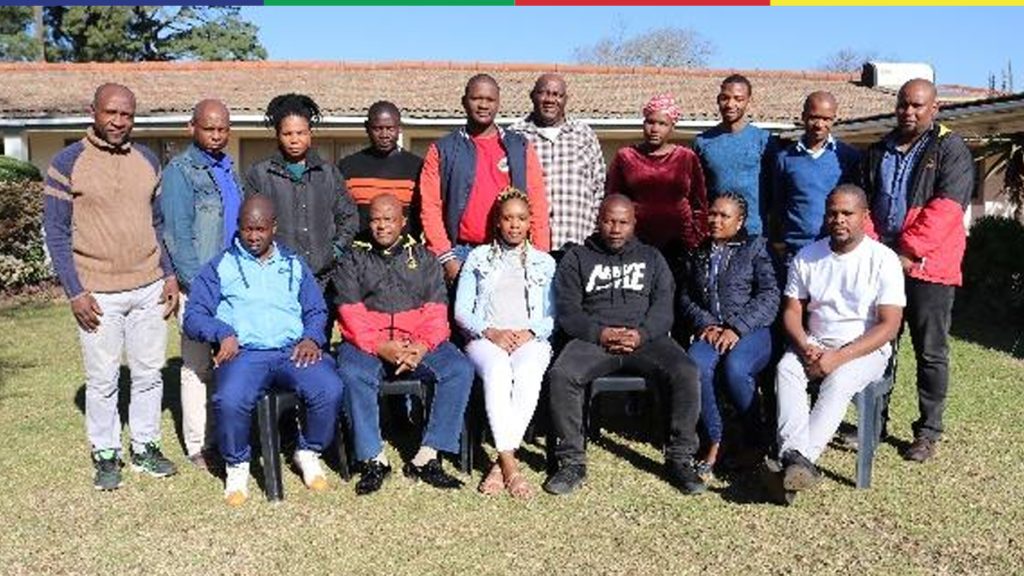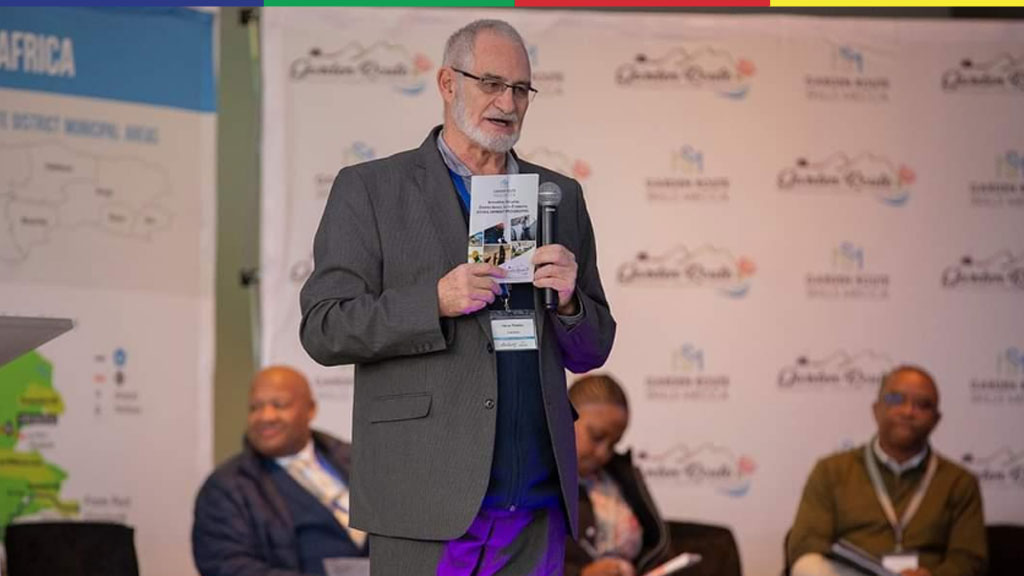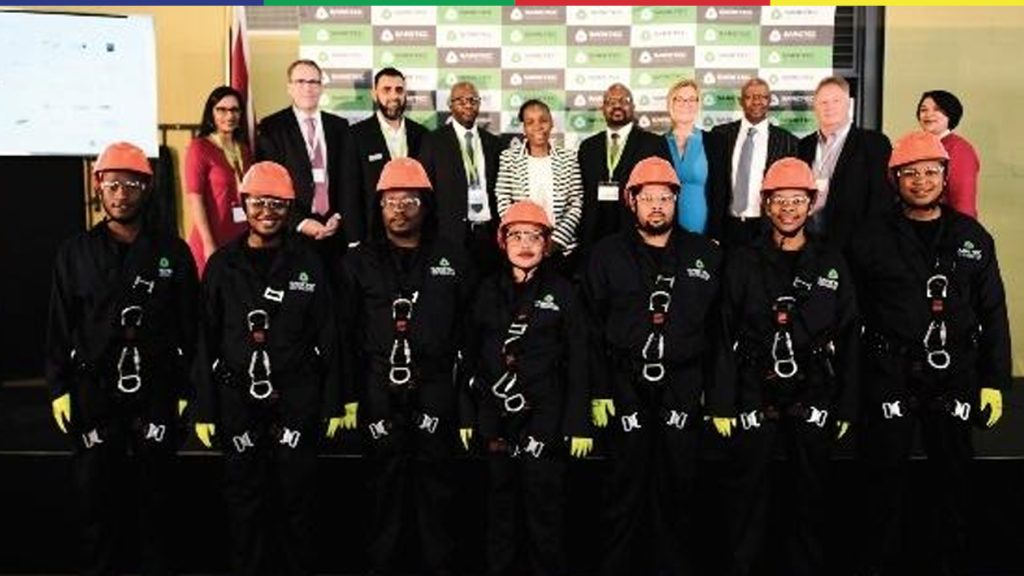Durban-based Workers’ College was approved R8 million in the previous financial year for the enrolment of 170 workers for the college programmes, namely the Industrial and Working Life Programme (IWLP) degree, Higher Certificate in Labour Economics, Higher Certificate in Labour Studies, Higher Certificate in Public Administration and Participatory Action Research. The IWLP degree is offered in collaboration with the University of KwaZulu-Natal (UKZN).
The first intake of 80 workers for labour economics and labour studies resumed their studies in 2019. An additional 48 students were the pipeline for the IWLP degree at UKZN. The other National Skills Fund (NSF)-funded workers will be enrolled at different intervals during the three-year approved funding period up to March 2021.
The college was established in 1991 to empower workers and community leaders through worker education. Principal and director at Workers College since 2015, Dr Thulani John Mbuli, explains that the ethos and pedagogy were informed by the struggle and challenges of the working class at the point of production or shop floor. This was premised on the fact that workers’ leaders and activists were not adequately equipped with the skills necessary to represent their fellow workers when facing labour disputes either individually or collectively.
Fundamentally, Dr Mbuli adds that it was also premised on the fact that shop stewards and community leaders who know their rights and the basics of labour legislations, and have a strong political and ideological education, can contribute in improving the quality of their industrial relations; thereby, bringing about labour peace and a healthier and productive economy.
To that end, the first formal academic programmes entitled the Labour Study Programme started in 1992, followed by the Gender and Labour Studies Programme in 1996, the Labour Economic Programme in 1997, and the Political and Social Development in 1998. These programmes were not accredited, but were offered within the tradition of popular education, which was informed by the Freirean pedagogy and the “each one, teach one” approach. In 1997, the college achieved a significant milestone when these four programmes were recognised by UKZN as alternative access to the part-time degree, the IWLP. Following this agreement, a memorandum of understanding was signed between the Workers College and UKZN for a five-year part-time degree designed for the college’s students with two majors, industrial organisation and labour studies as well as sociology.
“Since 2016, the college has embarked on a process of accrediting its programme. Although it is a long process, we are pleased to have secured accreditation with conditions by the Council of Higher Education (CHE) for the Higher Certificate in Labour Studies, the Higher Certificate in Labour Economics, and the Advanced Certificate in Labour Law. (By the time of reporting), the college is currently in the process of addressing mainly infrastructural concerns outlined by the CHE. We are in talks with our partner, UKZN, who has expressed the will to assist us in addressing these to secure final accreditation”, Dr Mbuli explains.
The college has secured accreditation with the Education, Training and Development Practices Sector Education and Training Authority (ETDP SETA) for skills development facilitation. It is also in the process of submitting accreditation documentation for a full Diploma in Trade Union Practice. Moreover, the college is collaborating with the Health and Welfare Sector Education and Training Authority (HWSETA) for the training of shop stewards and union officials in all nine provinces.
This article was published in the NSF 2018/19 Annual Report




